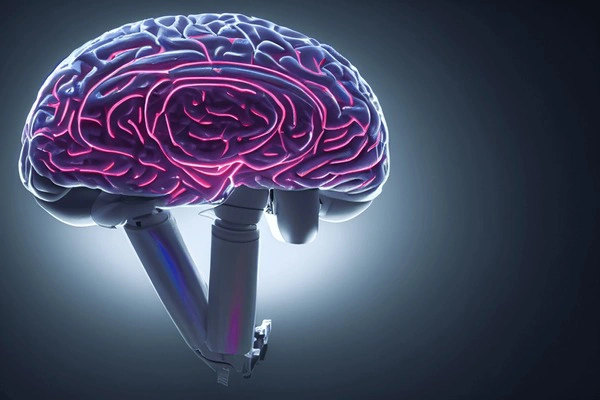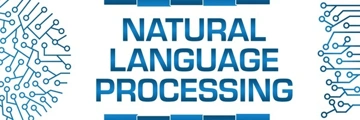
The Future of Brain Implants: Unlocking New Cognitive Abilities
Neurotechnology is advancing rapidly, with brain implants that promise to enhance cognitive abilities and transform how we interact with technology. These devices could help those with disabilities and revolutionize digital interaction by linking the brain to computers. However, ethical concerns and access inequality must be addressed to ensure responsible use.
Emma Lane
09/11/2024 - 8 months ago

Understanding Neurotechnology
Neurotechnology is a rapidly advancing field that aims to connect the human brain with external devices. These devices can potentially enhance our cognitive abilities and help us interact with technology in unprecedented ways. The basic idea is to create a direct link between the brain and computers, allowing seamless communication.
The science behind this involves brain-computer interfaces (BCIs), which are made possible thanks to recent advances in neuroscience and microelectronics. BCIs work by translating brain activity into signals that computers can understand. This technology is still in its early stages, but it holds immense promise for the future.
One of the most exciting aspects of neurotechnology is its potential to help those with disabilities. For example, BCIs can be used to control prosthetic limbs or assistive devices, giving individuals greater independence. This not only improves quality of life but also opens up new possibilities for human-technology interaction.
The Role of Brain Implants
Brain implants are tiny devices inserted into the brain to monitor or stimulate neural activity. They are a key component of neurotechnology and are being explored for various medical and cognitive enhancements. These implants can help in understanding how the brain processes information and reacts to different stimuli.
Recent studies confirm that brain stimulation can influence motor activities. This means implants could potentially aid in rehabilitation for stroke patients or those with neurological disorders. By understanding and influencing the brain's signals, these devices can assist in restoring lost functions.
Beyond medical applications, brain implants could revolutionize how we interact with the digital world. Imagine being able to control your computer or smartphone just by thinking about it. This could lead to faster communication and a new era of information accessibility.
Challenges and Ethical Considerations
While the prospects of brain implants are exciting, they also raise significant ethical questions. Issues of privacy, consent, and data security are paramount when dealing with sensitive brain data. Ensuring that this technology is used responsibly is a major concern for researchers and ethicists alike.
Another challenge is the potential for inequality in access to these technologies. There is a risk that only those with financial means could benefit, widening the gap between different socio-economic groups. Addressing this issue is critical to ensure fair and equitable access to neurotechnology.
Moreover, the long-term effects of brain implants are still unknown. As these devices become more integrated into our lives, understanding their impact on mental and physical health is essential. Continuous research and regulation will be necessary to safeguard users and ensure the benefits outweigh the risks.
The Future of Cognitive Enhancement
The future of cognitive enhancement through brain implants is closer than we might think. As researchers continue to refine these technologies, the potential applications are vast. From improving memory and focus to enhancing creativity and problem-solving skills, the possibilities are endless.
One exciting prospect is the ability to connect the brain to the internet, expanding our access to information. This could transform how we learn and process knowledge, making education more interactive and personalized. Imagine downloading new skills or languages directly into your brain.
While this vision of the future is thrilling, it is crucial to approach it with caution. Balancing innovation with ethical responsibility will be key to ensuring that brain implants are a force for good. By continuing to explore the potential of neurotechnology, we can unlock new frontiers in human cognition.


















